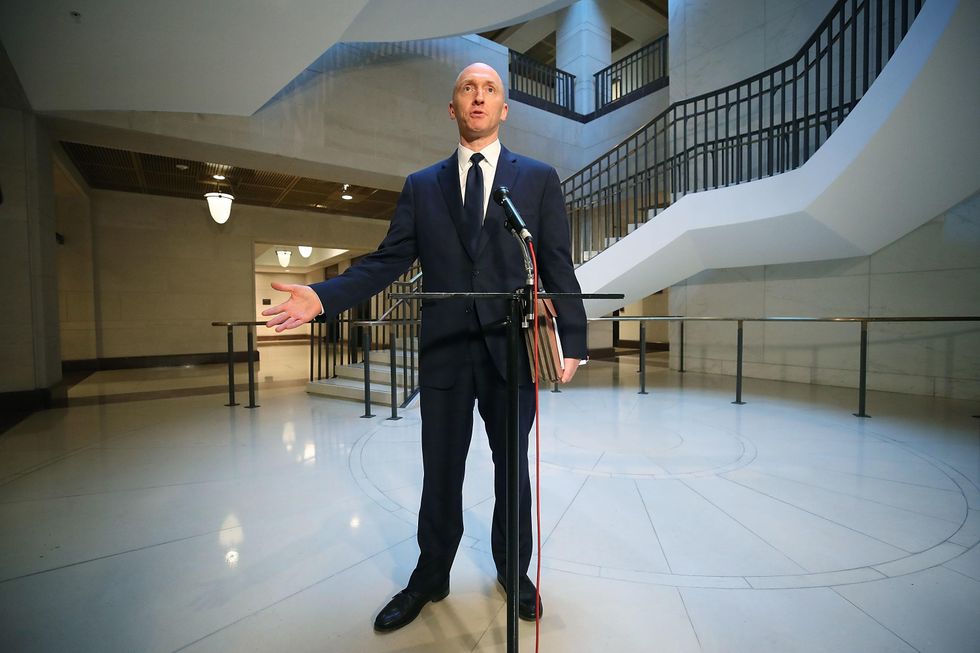
A controversial memorandum drafted by House Intelligence Committee Chairman Devin Nunes (R-Calif.) alleges that the DOJ omitted relevant information in obtaining a FISA warrant against former Trump advisor Carter Page. (Getty Images)

After weeks of controversy, the memorandum drafted by House Intelligence Committee Chairman Devin Nunes (R-Calif.) has finally been released. You can read the full memorandum for yourself on the House document server.
None of the original source material was released with the memorandum, making verification of the memorandum's claims impossible. Additionally, the FBI claims that Nunes, who authored the memo, has never personally seen many or most of the original documents the memorandum was based upon because they were housed in a secure facility that was only accessed by fellow committee member Rep. Trey Gowdy (R-S.C.). With all that having been said, here are the some of the claims found in the memo:
Democrats on the House Intelligence Committee have also asked to release their own summary memorandum of the evidence contained in the Nunes memo.